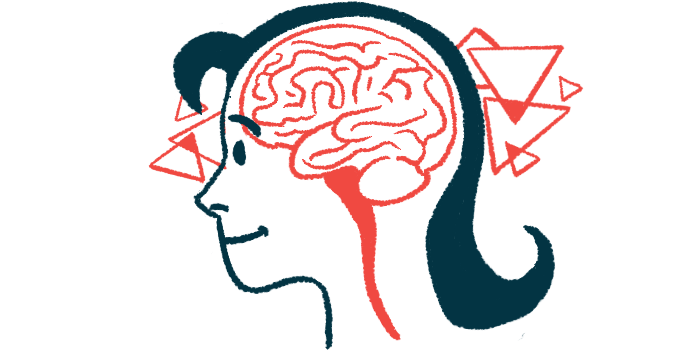Cognitive impairments affect about a third of RRMS patients: Analysis
That's less than prior estimates of 40% to 65% in older studies
Written by |

About a third of people with relapsing-remitting multiple sclerosis (RRMS) exhibit cognitive impairments, according to a review by Australian researchers of 50 previously published studies.
The findings suggest that cognitive issues might be somewhat less common in RRMS than previous reports have indicated, with prior estimates ranging from approximately 40% to 65%.
Milena Gandy, PhD, the study’s senior author and a clinical psychologist and researcher at Macquarie University in Sydney, believes the findings will give newly diagnosed MS patients a clearer picture of what to expect.
“When someone [receives] any new diagnosis, it is natural to search for information, and while it’s important to know there is a risk, seeing such a wide‑ranging figure as 40 to 65 percent hasn’t been helpful because it makes it easy to think the worst,” Gandy said in a university press release.
“This not only gives patients a more realistic idea of their risk level, but also lets them know what to look out for, what can be done, and to plan better for the future,” Gandy added.
The results also showed that cognitive impairments are more likely in patients who are older and have been living with multiple sclerosis (MS) for longer.
The study, “The Prevalence of Cognitive Impairment in Relapsing-Remitting Multiple Sclerosis: A Systematic Review and Meta-analysis,” was published in Neuropsychology Review.
Analysis involved 50 studies with nearly 6,000 RRMS patients
The most well-recognized symptoms of MS are movement problems and fatigue. But in recent years, it has been increasingly acknowledged that cognitive impairments also are common, and can contribute to a loss of independence and reduced quality of life. As such, management of cognitive dysfunction is considered an important aspect of MS care.
Still, estimates on the exact prevalence of cognitive issues in RRMS vary, and many are from older studies published several years ago that don’t specifically focus on the relapsing-remitting disease type.
To provide an updated and more accurate estimate, Gandy and her team conducted a systematic review study and meta-analysis. The researchers analyzed data from 50 studies published between 2004 and 2023 that looked at cognitive function across nearly 6,000 RRMS patients.
Evaluation methods and definitions of cognitive impairment varied widely. However, only patients who showed impairments in at least two different cognitive domains were considered cognitively impaired in the current analysis.
Overall, 32.5% of the total 5,859 patients in the studies met the criteria for cognitive impairment, with substantial variability between studies that ranged from 10% to 60%.
Additional analyses indicated that older age and longer disease duration were significantly associated with a higher prevalence of cognitive impairment, “consistent with expectations given that overall disability in RRMS tends to worsen over time even with treatment,” the researchers wrote.
Cognitive impairments harder to detect than physical symptoms
Ultimately, the findings offer insights that may be important for neurologists when clinically managing MS.
“Knowing that one in three patients is likely to be impacted, and that the effects can become more pronounced with aging, is important information,” said Wendy Wu, a graduate student at Macquarie and the study’s first author. “It gives us a sense of how many people might be in need of extra support, and allows for better resource allocation in hospitals and health services.”
The scientists indicated that for patients who do experience cognitive dysfunction — which often affects focus, attention, or processing speed — lifestyle adaptations can help manage it.
Tactics like taking notes, using diaries or calendars, or asking for printed information at doctor’s appointments can help. It might also mean that patients should allocate more time for themselves when completing certain tasks.
Knowing that one in three patients is likely to be impacted, and that the effects can become more pronounced with aging, is important information. … It gives us a sense of how many people might be in need of extra support, and allows for better resource allocation in hospitals and health services.
While cognitive impairment may be less common than previously thought, Wu emphasized that patients should still be routinely monitored for such issues.
“Physical symptoms are more easily observed, but cognitive effects may be harder to detect,” Wu said.
“We need neuropsychologists not only to do the necessary assessments but to provide interventions that target the specific types of impairment individual patients are experiencing,” Wu added.
Gandy’s team has developed a well-being course that can support the mental and cognitive health of people with neurological diseases. Sponsored by MS Australia, the course is offered online, which the scientists believe offers patients an easier way to work at their own pace.


